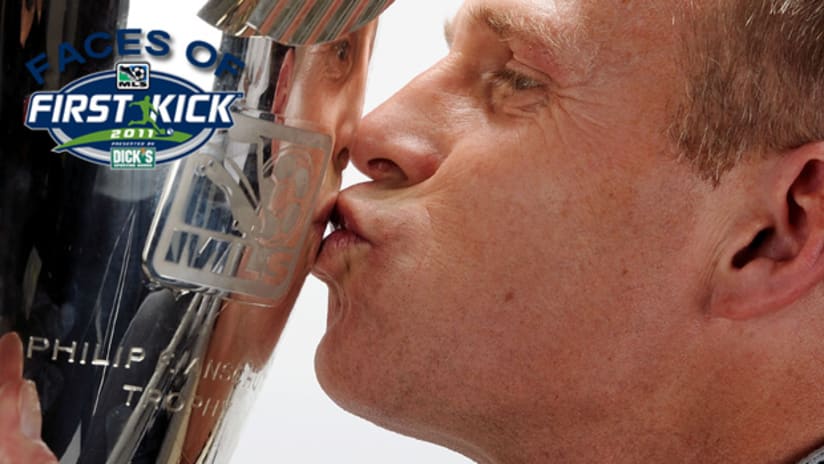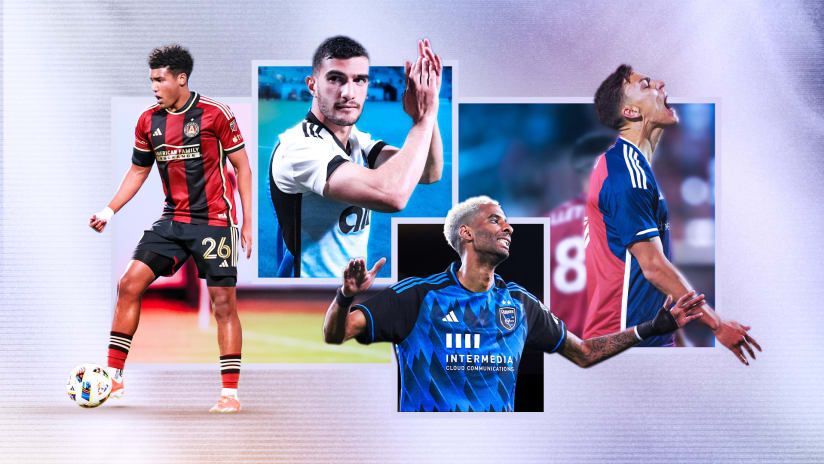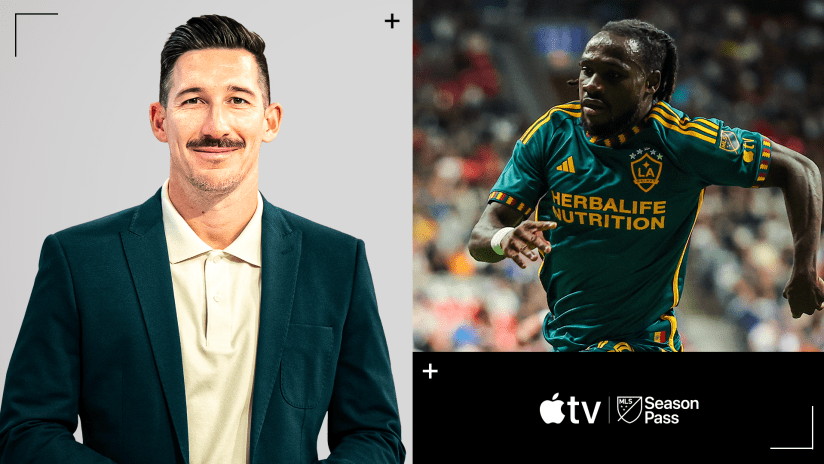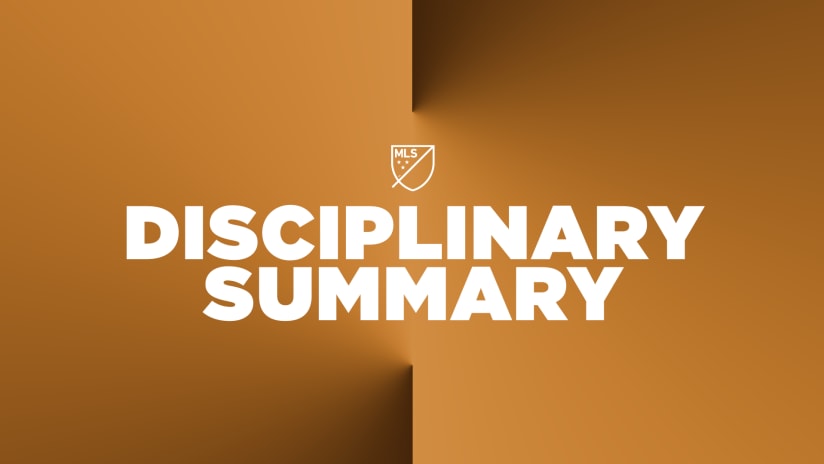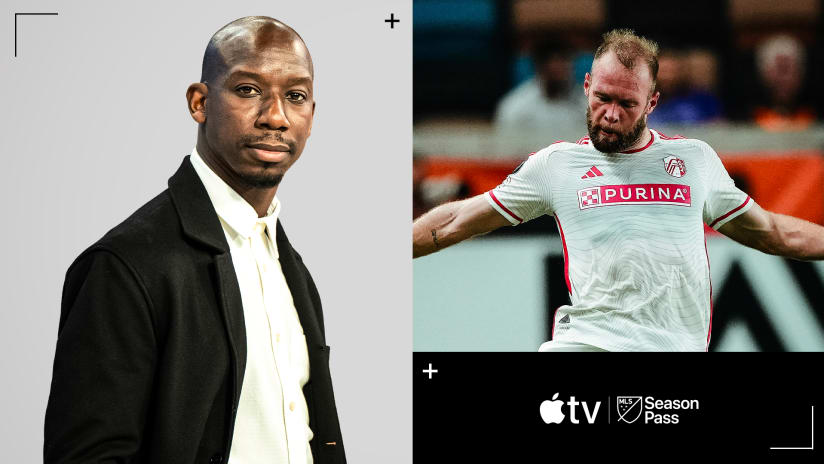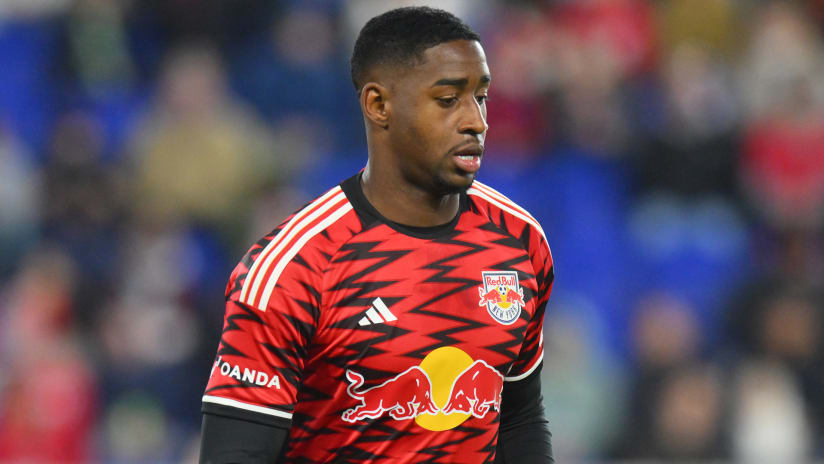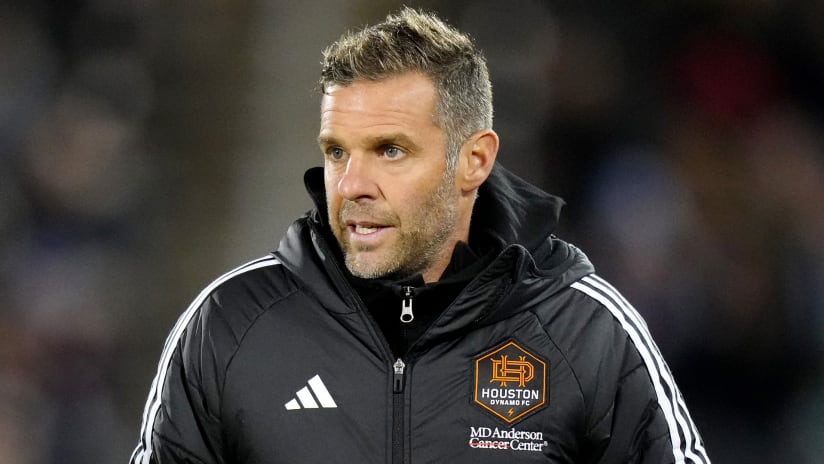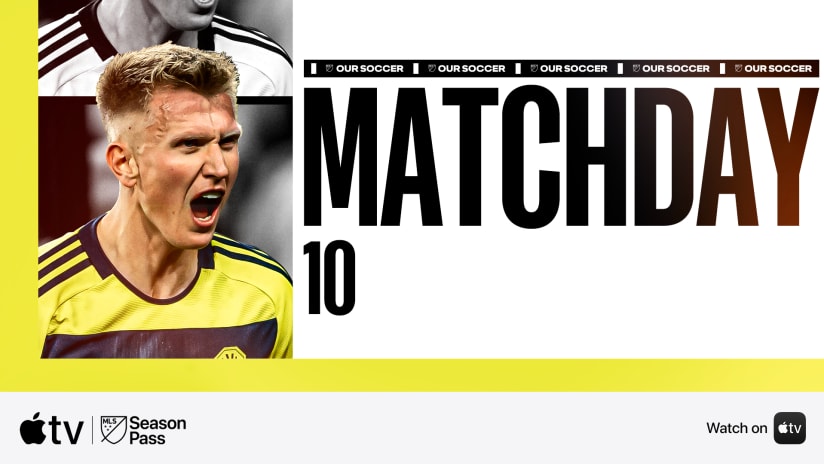However long the moment lasted that Gary Smith wished he could become a top-flight footballer, it paled in comparison to the times he quietly knew he never would.
Cursed with a body vulnerable to the rigors of the sport he adored, Smith was effectively gone from the pro ranks in England by the time he was just 25 years old. He’d broken his leg twice by then, but just as importantly failed to ever really summon the talent of his father, who played with Tottenham Hotspur during the club’s glory days and won the double with them in 1961.
The father was a left winger, the son a defensive-minded central midfielder. The father was a goal-scorer, and the son the kind of player who thrives on making trouble, ramming his legs into the fray, disrupting rhythm and, as Smith puts it, “doing the things other players just didn’t want to do.”
But where Roger Smith may have failed in passing on his physical gifts for the sport, he more than succeeded in passing down acumen for the game that has served Gary Smith well for roughly 15 years, also making him an unlikely and unassuming face in Major League Soccer.
Smith, 42, is still somewhat of an outsider in MLS, despite a growing reputation in the league as a keen scout for talent and a coach wholly respected and protected by his players. But he’s perhaps no more welcome in the MLS fraternity of coaches now than when he first entered the league under a cloud of skepticism and at least a touch of anti-outsider mentality back in 2008.
But Smith, who is affable, confident and periodically prefaces his words with, “If I can be brutally honest,” doesn’t seem bothered by any conceptions by others around the league. A decade-and-a-half spent honing your craft will teach you both the way you want to run things and the way you don’t, and Smith knows the kinds of players he wants to coach and how to coach them.
And why should he change? Gary Smith won the MLS Cup last year, and you didn’t.
His Kind Of Team
To say that other MLS coaches don’t like Smith isn’t true. But to say that he’s been welcomed into the fold of MLS isn’t necessarily accurate either. Rather, the coaches and assistants interviewed for this article simply didn’t seem to pay much sincere attention to Smith at all until late last season, when suddenly the league had a new and unlikely champion.
It’s always interesting to see how a former player forges his team once he’s become a coach, and Smith has shaped the Rapids at least a bit in his own identity. Smith himself was admittedly not much of a player climbing the ranks in England (“I lacked a lot of finesse,” he says with a smile), but what he lacked in talent or speed he made up for with determination, a defensive mentality and an instinctive principal that respect is always earned, never assured.
[inlinenode:331279]It’s no surprise then, that while the Rapids certainly aren’t the most polished team in the league, they’re still one of the toughest units to crack.
The defensive midfield spot where Smith used to roam for teams like Fulham, Wycombe Wanderers and Barnet is occupied on the Rapids roster by perhaps the most suffocating and unforgiving duo in the league: veterans Pablo Mastroeni and Jeff Larentowicz.
The defense, too, is a widely underappreciated and lowercase group, highlighted by the center-back pairing of Marvell Wynne and Drew Moor. And was there a more tortured MLS figure last year than Conor Casey, the Rapids forward who, in the span of six months, was publicly spurned by the US national team and later named the MVP of the MLS Cup final?
The Rapids won that trophy with those oft-overlooked faces and with Smith comfortably at the helm, cultivating an underdog and outsider mentality among the group that defined how they would claw for respect in a league that previously offered none.
“If anyone’s playing us now, we want them to think it’s not going to be an easy weekend,” Smith said. “We’ve changed the perception of what we’re about.”
That change, however, took some work, and some hard-earned faith from the players. Smith came to the United States in February 2008 on a mission to set up an academy system for Arsenal, the iconic Premier League club in partnership with the Rapids and for which he had previously served as a scout in Spain.
But managing director Jeff Plush wanted Smith to chime in with the Rapids’ first team as well, offering some support for embattled head coach Fernando Clavijo after the MLS veteran coach faced outcries to be fired after the 2007 season.
Clavijo couldn’t escape the fray in 2008 either, and he was let go with 11 games remaining in the season. In stepped the interim Smith, and the buzz started: Arsenal had forced Colorado’s hand, and the Englishmen were taking over.
[inlinenode:331283]“I think all of that was blown out of proportion,” Mastroeni said. “That was an awkward time for both the players and the coaches, but Gary was a kind of guy Fernando could lean on and pick his brain a little. From the inside, anyway, it was a seamless transition.”
Although it was one he never expected to have, the senior job with the Rapids was a welcome opportunity for Smith. By the time he was named full-time head coach in November 2008, he’d spent more than a decade in coaching and scouting jobs in England, including stints with Watford, Wycombe and – perhaps the most humbling and educational – the Under-12 academy team at Wimbledon.
He’d also taken two years off to deal with the fact that his injury-riddled playing days were through before he’d even glimpsed 30 years old (“It was obvious that my body was breaking down on me,” he realized), and he’d even briefly relocated to Spain to scout La Liga matches and absorb even more of the game.
The end result was a coach eager to learn and even more eager to teach. He’d also developed a feeling for the types of players he wanted on his team, and how he wanted to drive them to something better.
But the stakes were decidedly high for Smith and his staff in the fall of 2008 and again in 2009. The newcomer Smith, as Larentowicz put it after joining up in 2010, “couldn’t rest on his laurels at all. He didn’t even have any laurels to rest on.”
“That was a very precarious position for me,” Smith said. “I came from a fraternity in England where if things hadn’t gone well, everybody back in England would have said MLS wasn’t the level of football in England. I hadn’t had a coaching job before, and I’d failed. That was a bad combination for me. There would have been a stigma attached to me if I returned to England trying to find another job.”
Luckily for Smith, however, he’ll never have to wonder.
The Quest For Respect
The Rapids won the MLS Cup last fall on the backs of players like Mastroeni, Larentowicz and Casey, but the redemption story line was an easy one to adhere to those three.
The story was far tougher to find for Smith. He wasn’t the former assistant to recognizable names like Bruce Arena, Sigi Schmid or Frank Yallop. He’d never played in MLS and certainly didn’t sound the way the others did when he spoke, and all most people knew was that his players were firmly in his corner when they littered the locker room with champagne bottles at BMO Field in Toronto.
But what about the rest of the league? What about the doubters who had mislabeled him in 2008 as a temporary stopgap for the Rapids’ troubles, or the next international coach to flame out in MLS?
“What we desperately care about is winning games,” Guppy said. “Do I care about how we’re perceived? We want to be respected for winning games and putting together a good side. If we do that, that’s enough for me.”
Smith, for one, has noticed a gradual thaw among the ranks in the past year, especially since he’s established himself not as a flash in the pan but as a viable opponent for mainstays who got here first.
[inline_node:331281]“Did I want to be accepted into the group?” he said. “I’m only feeling just now that maybe one or two guys have started to be maybe a bit more sociable. But we work in an environment where our livelihoods are at stake on a weekly basis.
“Can I say any of them are my friends? No. And I wouldn’t ever expect that,” he added. “Because on any given weekend we would all do whatever it takes to beat the next person.”
Smith’s contract with the Rapids will run its course at the end of the 2011 season, and as of last week, the club had not begun earnest discussions about a renewal. That point is a surprising and somewhat puzzling one for both Guppy, Smith and some of the Rapids players, considering what they’ve accomplished in a relatively short period of time.
“What he’s done for this club has finally put us on the map,” Mastroeni said. “And he’s stayed true to who he is. It would be silly to let this one get by, especially after achieving the greatest feat we have in this league.”
Smith, who has already publicly stated he’ll take his skills back to Europe if there’s no new deal reached, takes a different approach.
“In any sporting realm, if you pigeonhole yourself to one place and say, ‘This is where I want to stay and where I want to be,’ that can come back to bite you,” he said. “And while I would enjoy staying … if for some reason the organization dumps me or the offer is not what I want … there are other areas that I would certainly like to experience.”
And that’s quintessential Smith. He’s spent a lifetime in soccer learning to establish his own expectations and take the best opportunity given, knowing full well that our fates certainly aren’t written in ink, stone or even genetic code.


